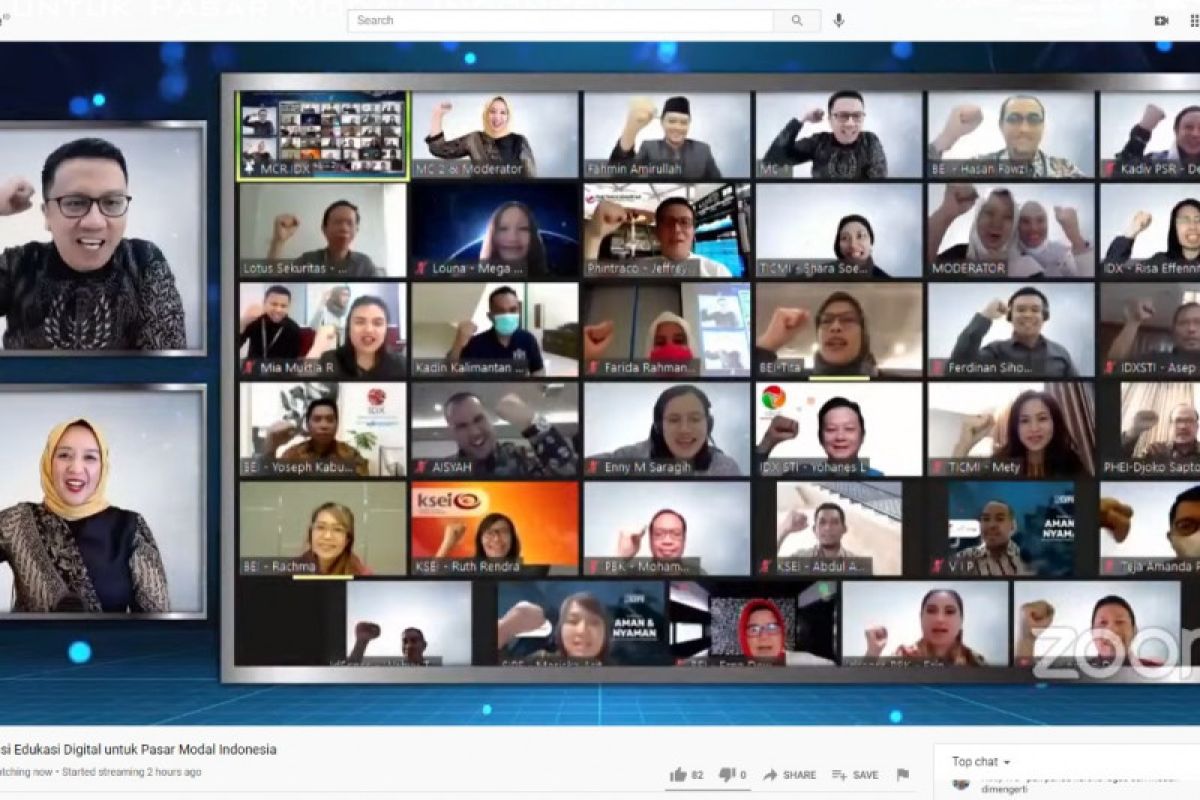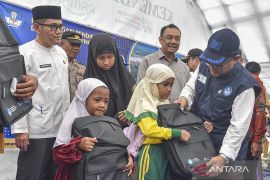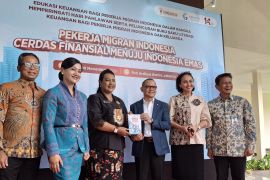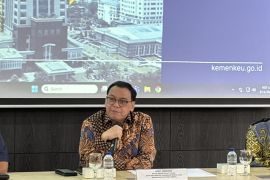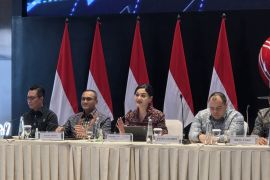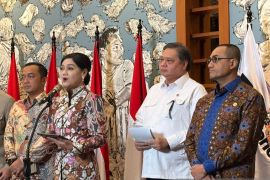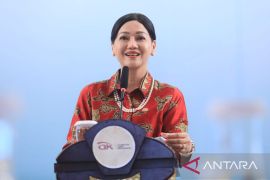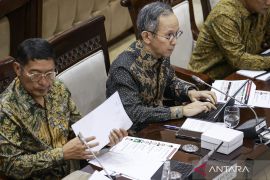The 3rd National Survey on Financial Literacy and Inclusion (SNLIK) organized by the Financial Services Authority (OJK) in 2019 regarding the financial literacy index showed the financial literacy and inclusion indices reached 38.03 per cent and 76.19 per cent, respectively, and only 38 per cent of the total population of Indonesia have good financial literacy
According to Nurmadi, currently, education from financial and investment experts provided in digital form through websites, articles, videos, infographics, webinars and podcasts are much more effective and efficient.
"The potential for targeting is also higher, although the space for movement is somewhat limited due to the pandemic," he stated.
Financial education and digital asset management have the potential to enable young people to manage their finances and achieve their future financial goals, he said.
In this case, a group of young retail investors can be expected to drive future economic growth in the new normal era, he added.
Related news: Financial literacy necessary to reduce illegal online loan cases
"This is very much in line with and in accordance with the target of capital market education carried out by the Indonesia Stock Exchange, to produce smart young investors," Nurmadi further said.
Data from the Indonesian Central Securities Depository (KSEI) recorded an increase in the number of capital market investors, from 2,484,354 in 2019 to 3,880,743 at the end of 2020. This number continued to rise, reaching 6,610,173 on 15th October, 2021.
Nurmadi also commented digital education through the FinanSiap Program is very helpful and easy, because it can be accessed anytime and from anywhere.
"In the midst of a society increasingly literate in technology and investment, this method is clearly very helpful in improving financial literacy among beginners and young investors," he further said.
Nurmadi hopes similar educational programs will be more available, so the financial literacy index of the Indonesian people can rise higher.
Tirta Segara, member of the Board of Commissioners for Consumer Education and Protection of the Financial Services Authority (OJK), earlier said financial literacy education activities increased amidst the COVID-19 pandemic, reaching 1,000 activities throughout the first semester of 2021.
"Because they are held virtually, a day can move quickly. Meanwhile, if education must be in person, moving from one location to another is difficult so only one or two classes can attended on one a day," Tirta said during an online media briefing in Jakarta on Tuesday.
Such financial literacy education activities will continue to be carried out during the COVID-19 pandemic, so that the financial inclusion target of 90 percent can be achieved by 2024.
According to Tirta, online education can also reach a wider community.
Throughout the first semester of 2021, OJK produced up to 295 financial education content for the public.
Currently, it is finalizing a learning management system module, which can later be accessed independently on the OJK server by people who want to learn about finance.
Related news: Fintech monitoring needed alongside financial literacy education
Translator: Edy S, Azis Kurmala
Editor: Rahmad Nasution
Copyright © ANTARA 2021
